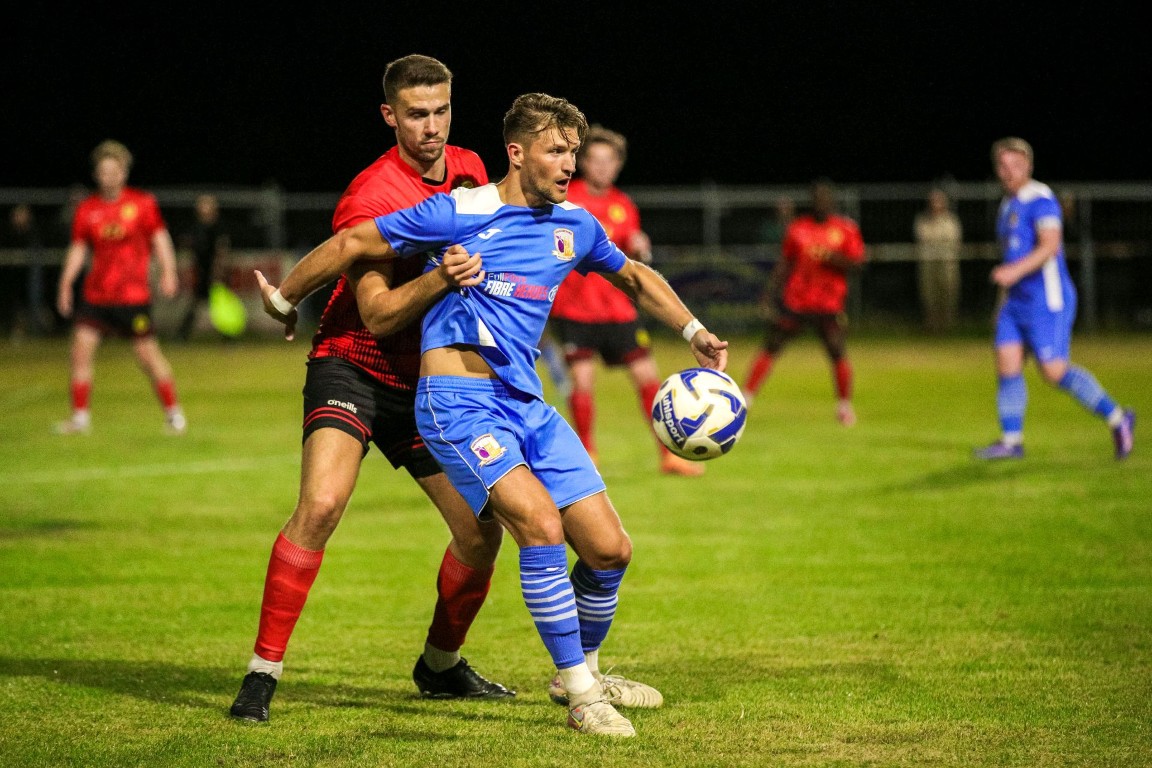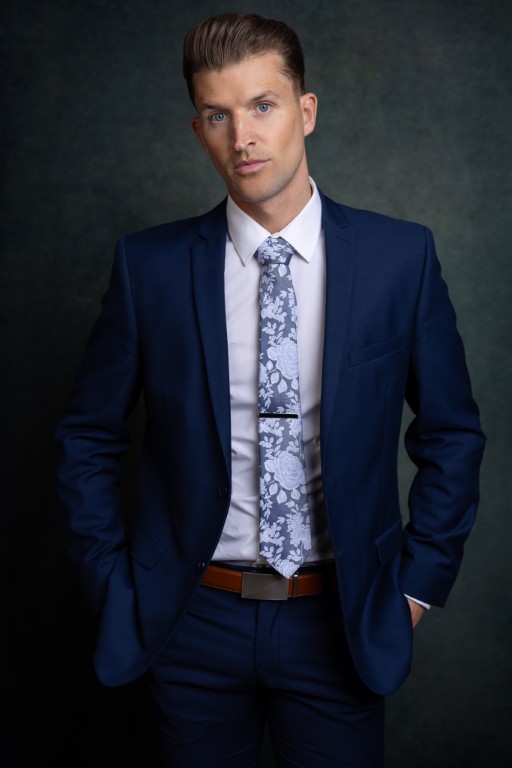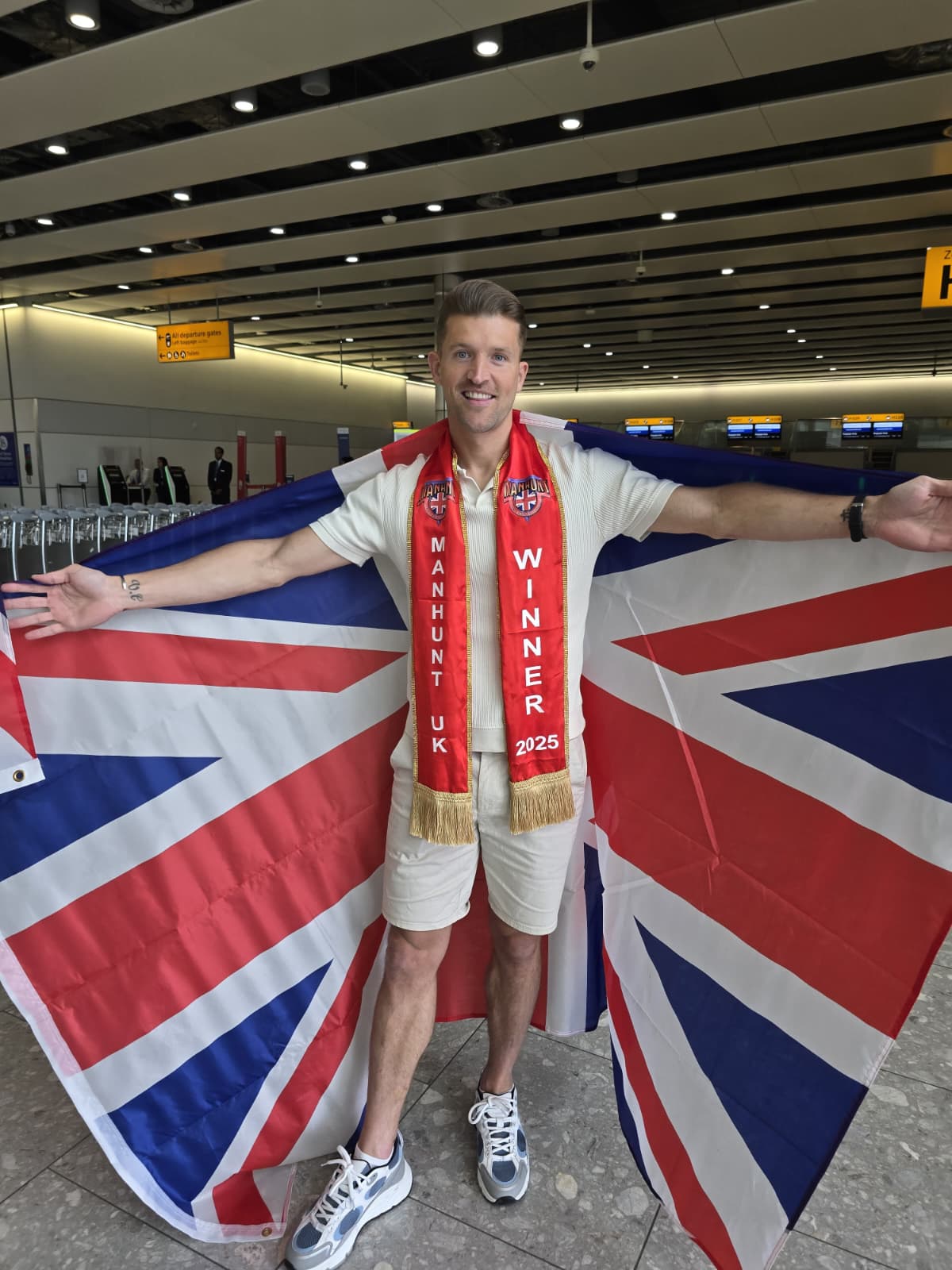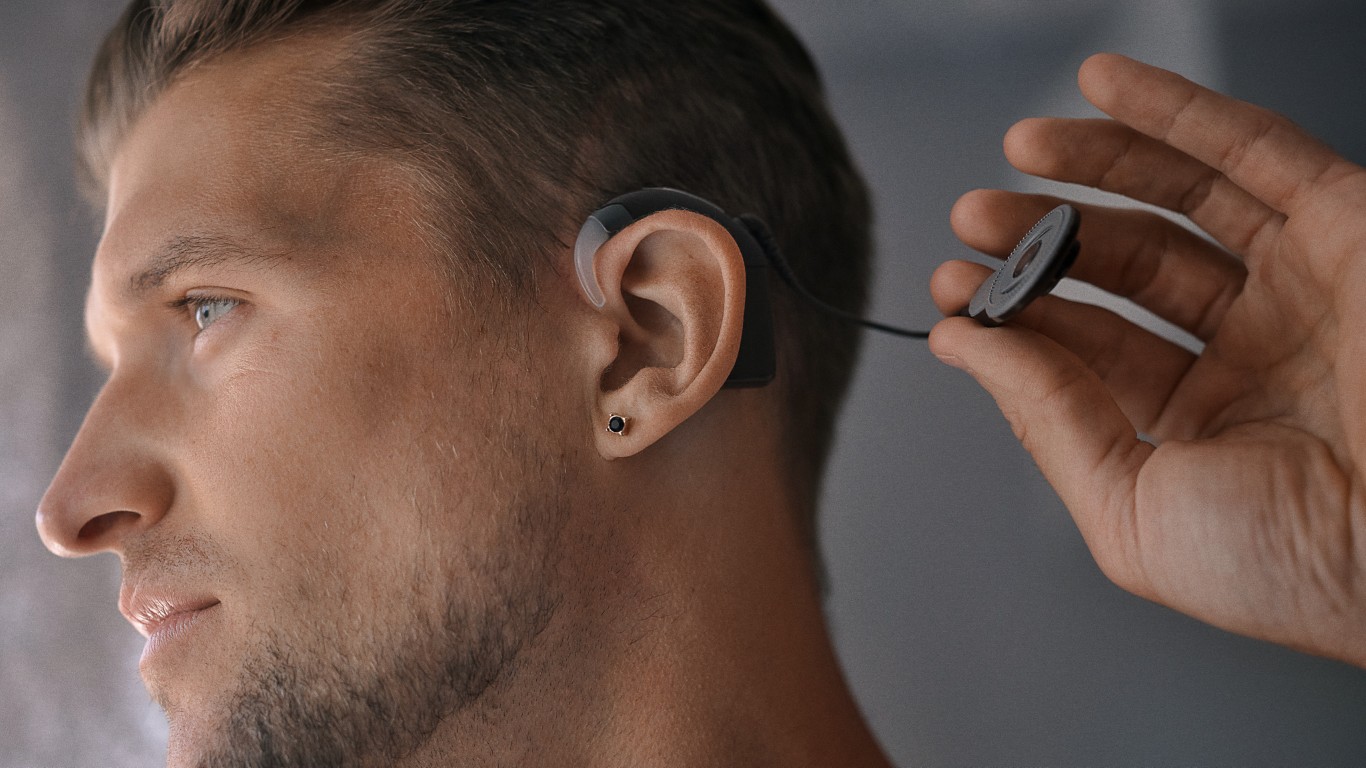Can you tell us how your journey in football began, and when did you realise it was more than just a passion?
Claudine Hope Editor at Power of Men I wasn’t interested in football at first, but around the age of six, I started kicking a ball around with friends in the garden - and it quickly became an obsession. My dad and grandfather began teaching me properly, and I joined my school and local teams. By 12, I was playing at county level, and at 14, I joined the England and GB Deaf Football Teams. That’s when I realised it was more than just a passion - it became my purpose. Playing for my country, representing the deaf community, and leading the team out onto the pitch is a huge honour. There’s no better feeling than putting on the England shirt. That’s when you truly understand it’s bigger than the game - it’s 12about pride, identity, and inspiring others.

What were some of the biggest challenges you faced growing up as a deaf footballer?
Growing up, I played in mainstream football and was often the only deaf player on the pitch. I didn’t join the England Deaf Football Team until I was 17, so throughout my younger years, I faced many barriers, not just with communication, but with discrimination too. I was subjected to a lot of discrimination: name-calling, shouting, and derogatory and I had no support during those days. I had to deal with it myself, and that wasn’t easy. insults from opponents. They tried every trick in the book to get into my head. It wasn’t just poor sportsmanship, it was targeted and relentless, simply because I was different. Referees often ignored it, At times, it was deeply hurtful. But thankfully, I’ve always been quite resilient. I’m thickskinned, and I focused all that energy on playing well and scoring goals. That became my way of silencing the noise, letting my performance speak for itself. And when those same players came to shake my hand after the match, I’d politely decline. Things have improved slightly over the years, but unfortunately, discrimination still exists. Some people continue to be unkind, and 13that’s something no one should have to put up with. Deaf players don’t want sympathy, we want fairness, respect, and a level playing field. We just want to enjoy the sport like everyone else. You do have to be mentally strong, but it shouldn’t be a requirement just to cope with abuse. Hopefully, with more awareness and continued conversation, we can eliminate this behaviour altogether.
We have to do better - for the next generation. What does it mean to you personally to captain the England Deaf Football Team?
Being named captain of the England and GB Deaf Football Teams was an incredibly proud and emotional moment for me, a dream come true! It’s a rare honour, and while I felt fortunate, I also knew I had earned it and was ready to take on the responsibility. I’ve now captained the teams since 2015, and every time I lead the squad onto the pitch, it still gives me goosebumps. It’s more than just wearing the armband, it’s about supporting the team, making sure everyone is prepared, focused, and united. I take great pride in the leadership role and everything it represents. It’s a big responsibility, and I truly love every part of it.
Being a captain and role model can be demanding, how do you look after your own mental and emotional wellbeing?
My mental and emotional resilience has been shaped by life experiences. From a young age, I had a strong circle of friends, a passion for football, and began modelling at 18, all of which helped me build confidence and prove that deaf people can achieve anything. Moving to America alone at 22 pushed me even further outside my comfort zone and strengthened that self-belief. As a captain and role model, I regularly support teammates, parents, and others who reach out for advice. I don’t find it overwhelming, I actually find it rewarding. Helping others gives me purpose. I manage pressure by staying grounded, being myself, and offering support wherever I can. Even with a busy life, I make time to respond to messages and stay connected. For me, maintaining strong mental health is about staying true to who I am and knowing that I’m making a positive impact.

How did you get into modelling?
It all started when I attended a fashion show in Birmingham with my sister. Someone approached me and asked if I was a model - I wasn’t, but they gave me details for the Alan Sharman Agency. I visited them, and they immediately put me on their books. I was amazed, suddenly I was a model. After a couple of years, I wanted a bigger challenge and went to London to visit walk-in agencies. Most said no, but one said yes and that changed 14 everything. I signed with PRM Agency and began working on major campaigns. Soon after, I set my sights on the U.S. An agency in New York, Soul Artist Management, flew over to London to meet me. The boss loved my look, called it “very British,” and after a full team vote, they signed me. That’s when my modelling career reached a whole new level.
You recently won UK Male Top Model title, which led you to the finals of Manhunt International in Thailand - how was the experience, and what challenges did you face?
Winning UK Male Top Model was a huge achievement, and representing the UK at Manhunt International in Thailand was incredible. I love travelling, and visiting such a vibrant country made it even more special. Being the only deaf contestant, communication was a challenge, but interpreters made a big difference. Despite tough global competition, the contestants supported each other, and there was a real sense of family amongst the contestants. I didn’t win the overall title, but I was honoured to be named Best European Model and proud to represent my country on the world stage.
Do you see yourself staying involved in sport after you’re playing career ends - perhaps through coaching or advocacy?
Yes, absolutely. I’ve been asked this a lot recently. Football will always be a big part of my life, and while I still plan to play for a few more years, I’ve already been invited to join the England FA coaching team, which could open the door to a future in coaching. I’m naturally competitive and also enjoy other sports, so staying active, healthy, and being a positive role model for younger athletes is something I’m committed to continuing.

What are your hopes for the future of deaf football in the UK and around the world?
My biggest hope is for true equality and visibility in deaf football, both in the UK and globally. I want to see more coverage in mainstream media, more support from national football bodies, and real professional opportunities for deaf players. Too often, I’ve been overlooked by scouts purely because I’m deaf, even after scoring goals and giving standout performances. That kind of rejection needs to be a thing of the past. Thankfully, representing England and Great Britain has allowed me to prove what’s possible. I’m proud of that, but we need to open more doors for the next generation. Deaf footballers deserve to be seen, supported, and celebrated, not just for what they overcome, but for what they bring to the game. It’s time the world recognised our talent, not our limitations.

